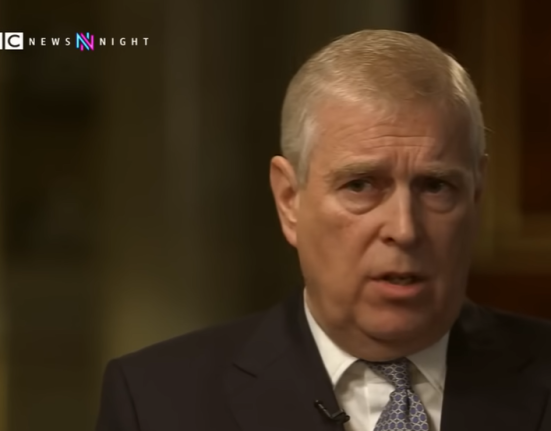Tribunal dismisses London class action
London and south-east rail passengers have lost a landmark class-action lawsuit accusing train companies of overcharging millions of commuters on boundary fares, after judges ruled there was no breach of competition law.
The Competition Appeal Tribunal (CAT) found on Friday that South Western Railway, Govia Thameslink Railway, and Southeastern had not unlawfully charged passengers twice for parts of their journeys. The decision marks a major setback for consumer mass-action claims in the UK.
The case, brought by Justin Gutmann, a former head of research at Citizens Advice, alleged that rail operators failed to make cheaper boundary fare tickets – used when travelling beyond Transport for London (TfL) zones – widely available online or through vending machines. Lawyers for Gutmann argued this lack of transparency meant passengers “paid twice” for overlapping parts of their trips.
No unfair trading found
The tribunal disagreed, ruling that although ticketing systems “could have been improved”, the companies’ behaviour did not amount to unfair trading or abuse of a dominant market position.
Judges led by Sir Peter Roth said evidence of passenger confusion over boundary fares was “wholly unsatisfactory” and concluded that “none of the three defendants’ selling systems, viewed as a whole, constituted or gave rise to an abuse.”
The judgment effectively ends hopes of securing tens of millions of pounds in compensation for affected passengers.
Wider implications for consumer claims
While Stagecoach’s South West Trains, which previously held the south-western franchise, reached a £25 million settlement last year, the remaining operators took the case to trial.
The CAT emphasised that “competition law is not a general law of consumer protection”, underlining the difficulty of using antitrust legislation for mass consumer claims.
The ruling follows a series of disappointments for UK class-action cases, including the long-running Mastercard overcharging claim, which was settled for £200 million last year – a fraction of the £14 billion initially sought.
Consumer lawyers say the result highlights the challenges of pursuing collective legal redress in Britain, where courts have set a high bar for proving systemic abuse in markets dominated by a few major players.







